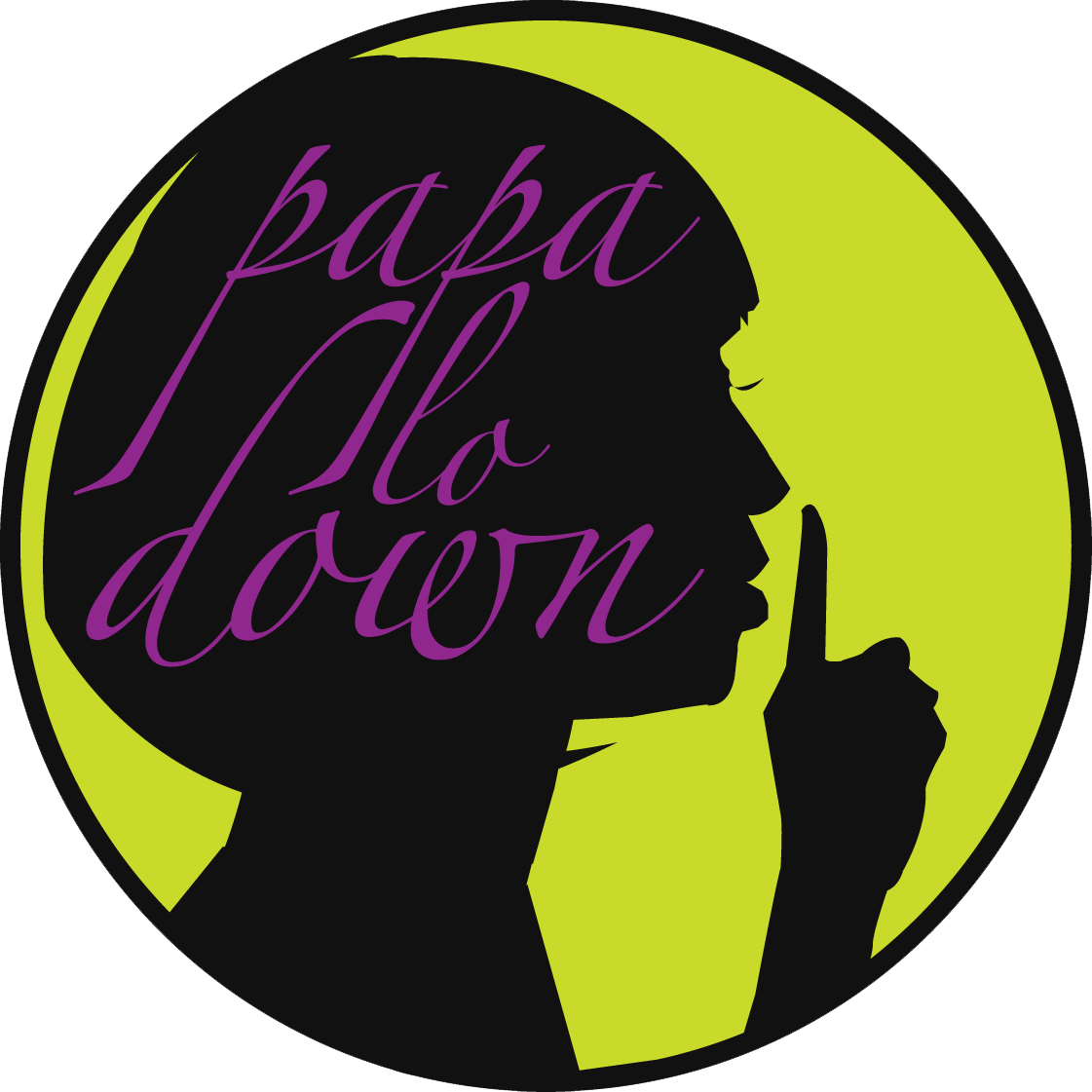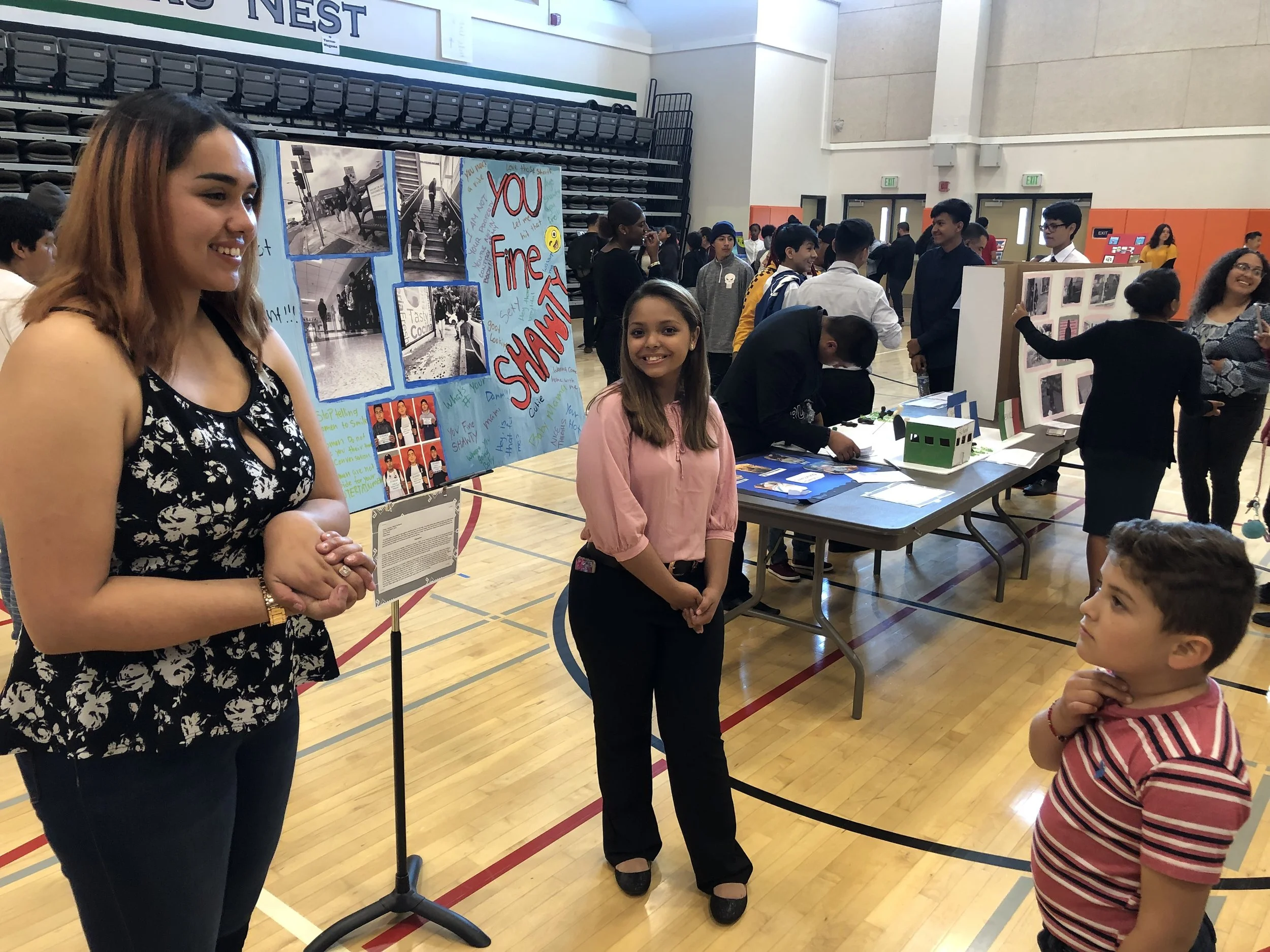Group of Educators Provides Statewide Blueprint for Implementation of Ethnic Studies By 2029
Liberated Ethnic Studies Model Curriculum Consortium shows evidence of Ethnic Studies' power to change student trajectories, backed by Stanford research
Photo credit:
September 19, 2022, Los Angeles, CA– First convened in April 2020, the Liberated Ethnic Studies Model Curriculum Consortium (LESMCC) provides curriculum and professional development rooted in the radical, grassroots legacy of Ethnic Studies. With a statewide deadline of 2029, the implementation of a true Ethnic Studies curriculum is at the forefront of school district agendas. But Ethnic Studies is more than a graduation requirement, it has a profound positive impact in the classroom that ripples directly to the communities of students.
Ethnic studies epistemology is rooted in self-determination, and decolonial and anti-racist frameworks, encouraging teachers and students to critique racial oppression and power at the institutional, interpersonal, ideological, and internalized levels, while also showing how each level influences the other. Recognizing that the absence of Ethnic Studies in the K-12 curriculum was a state-wide problem, and many teachers are not prepared or fully grounded in Ethnic Studies content, pedagogy, and epistemology LESMCC was formed. Upon hire, LESMCC professional development faculty work collectively with teachers to design meaningful and powerful lessons that are locally developed and implement those lessons in California’s classrooms.
“It is our hope to build a supportive community that provides theoretical, content, and practical experiences that will enable teachers to teach, live and own Ethnic Studies in their hearts, minds, and communities,” says Dr. Theresa Montano, Professor in the Chicana/Chicano Studies Department at Cal State Northridge and a LESMCC member.
The Impact of Ethnic Studies
Stanford conducted a 2016 study in collaboration with San Francisco Unified School District to further understand the impacts of their Ethnic Studies pilot program and found that the course boosted attendance and the academic performance of students at risk of dropping out.
In the 2020 follow up study, Stanford found evidence of the program's power to change student trajectories. By their fourth year of high school, the study found that those who participated in the course “had also passed six more courses than a comparison group. More than 90 percent graduated within five years, versus 75 percent of their peers. They were also 15 percent more likely to enroll in college within six years.
“From my classroom in San Francisco reflected in the Stanford study, to now implementing Ethnic Studies in Santa Barbara Unified School District, it is clear the program works. In two years of monitoring student experience through regular post-course survey data (2000+ responses), course satisfaction across racial and ethnic demographics is consistently well above 95%.” shares Artnelson Concordia, Ethnic Studies Coordinator at Santa Barbara Unified School District. “A recurring theme from student responses reflects their deep appreciation for the opportunity to learn about peers who are different from themselves, that they feel seen and are acknowledged by their teachers, that their experience has been one of mutual recognition and respect from their learning community, and that they feel better equipped to engage in the problem solving of our/their communities’ most pressing problems.”
Photo credit:
Additionally, Ethnic Studies is academically rigorous and has been shown to increase school engagement and college-going, increase GPA, graduation rates, and cross-racial relationships, and has a host of other positive academic and personal benefits for students of color, Indigenous students, and white students.
LESMCC has been actively involved in Ethnic Studies implementation efforts across California, each one tailored to the community, working with school districts and educators to design a community-responsive Ethnic Studies program with fidelity to the disciplines.
Most recently in Castro Valley, LESMCC worked with the school district to establish a community advisory board, providing a strong foundation for community-responsive lesson plans. LESMCC leaders held professional development sessions this past summer on topics such as: challenging racial microaggressions, engaging educator and student cultural knowledge, and supporting student identity formation. The Castro Valley school district is creating community-responsive lesson plans for 6th, 8th, and 9th grade.
A History Reflected in People Power
Photo credit:
For over 50 years, communities of color have advocated for Ethnic Studies as a critical academic discipline. Emerging from the civil rights movements of the 1960s and global liberation movements, students, educators, scholars, and communities of color demanded a revolutionary curriculum that called for their historical, cultural, and linguistic knowledge to be central to their education.
Ethnic Studies centers the knowledge, histories, and perspectives of racialized groups, and counters traditional, mainstream curriculum.
Actions throughout the years that have been pivotal to the creation and implementation of Ethnic Studies include, but are not limited to:
The Third World Liberation Front student strikes, 1968, Bay Area
East LA High School Blowouts, 1968, Los Angeles, CA
Ethnic Studies Now, present, California, statewide
The San Francisco Unified School District developed a pilot 9th-grade Ethnic Studies course, 2010, San Francisco, CA
LESMCC is composed of over 40 active Ethnic Studies educators, teacher union activists, and curriculum developers who have been part of this field for many years such as notable scholars like Dr. Theresa Montaño and Dr. Allyson Tintiangco–Cubales. Higher education team members include specialists in the following disciplines: African American Studies, Asian American Studies (including Pacific Islander, Pilipino, and Arab American Studies), American Indian and Native Studies, Chicanx/Latinx Studies, Southwest Studies, North African Studies, and Comparative Ethnic Studies.
Together, they promote the advancement and implementation of well-designed Ethnic Studies courses and programs that, when linked with culturally responsive teaching grounded in high academic expectations, has a positive impact on student academic engagement, achievement, and empowerment.
“I have observed students engage deeply in schoolwork–some for the first time ever. Students explain that the ethnic studies classroom is like a family where students treat others as they would like to be treated themselves,” says Dr. Tricia Gallagher-Geurtsen, LESMCC member and lecturer at the University of California, Santa Cruz and San Diego.
The Liberated Ethnic Studies program goals include:
Building capacity to collaborate with educators, school districts, and teacher preparation programs committed to Ethnic Studies, social change, and education equity.
Provide best learning practices for Ethnic Studies programs in public education rooted in the fields of African American Studies, Asian American Studies, Chicanx/Latinx Studies, and American Indian Studies.
Honoring ancestral knowledge, struggles, and friendship built in solidarity with educators, parents, and historically disenfranchised youth belonging to low-income communities.
Equipping Black, Chicanx/Latinx, Asian American, American Indian/Native American, and allies with skills to participate in community advancement, social justice, and transformative change.
Acting as a resource for educators to engage in professional development and implementation of Ethnic Studies that embeds models of social change with fidelity to the discipline.
Operationalize the tools, concepts, and best teaching practices/curriculum development protocols in order to implement well-designed Ethnic Studies programs in public education effectively.
Resources and Actions
As they continue to advocate for anti-racist, decolonial, and liberatory Ethnic Studies for all students across California and the United States, LESMCC’s scholars, activists, and practitioners are available for professional development workshops, local curriculum development, consultations, and community support. The LESMCC sample lessons are divided into six chapters that are available for free download on their website.
The #IAmEthnicStudies social media campaign highlights how Ethnic Studies has profoundly impacted many community members, students, educators, creatives, and more. Follow and share your story on social media by using the hashtag.
Upcoming Events and Programs We Need to Talk About Ukraine: An Entryway into Ethnic Studies Facilitated by Tricia Gallagher-Geurtsen, Tracie Noriega, and Eunice Ho. Virtual Zoom Event Thursday, September 22, 5–7 PM PST
To learn more, visit: tinyurl.com/lesmcukraineIndigenous People’s Day Institute Virtual Zoom Event Monday, October 10, 5–7 PM PST
To learn more, visit: UTLA/NEA “We Are Ethnic Studies” Mini-Conference Saturday, January 14, 2023. More information to be announced.
To learn more, visit: liberatedethnicstudies.org
###
ABOUT LESMCC The LESMCC vision is to promote the advancement and implementation of community-based and well-designed Ethnic Studies courses and programs for the purpose of advancing students’ academic achievement, educational equity, community activist scholarship, and community leadership skills.
To learn more, visit: https://www.liberatedethnicstudies.org/



